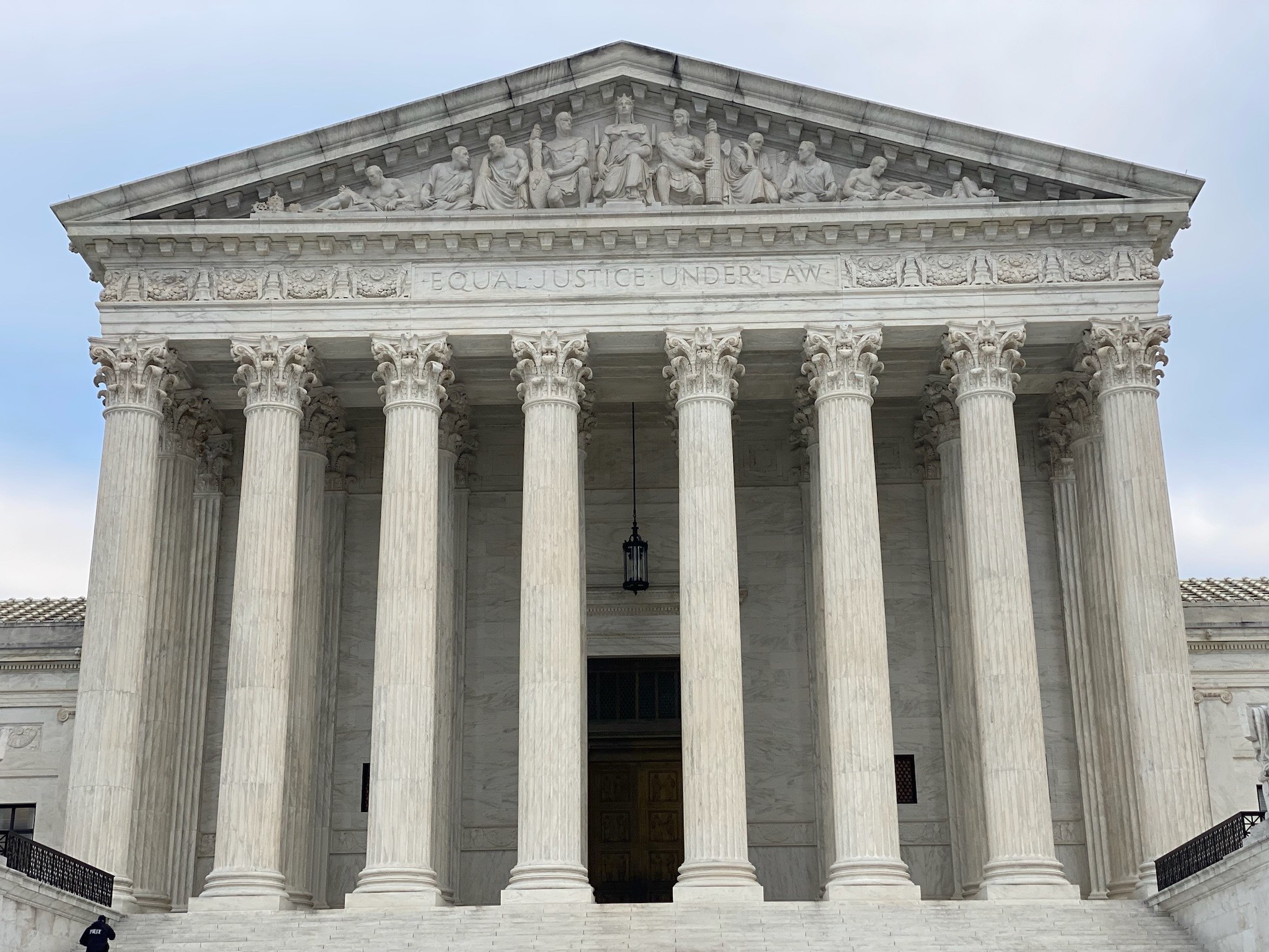EMERGENCY DOCKET
Court allows bar on Tulsa’s enforcement of municipal laws against Native Americans to remain in place

on Aug 4, 2023 at 4:13 pm

The Supreme Court on Tuesday left in place a federal appeals court ruling that bars the city of Tulsa from enforcing municipal ordinances against Native Americans. In a brief unsigned order without any public dissents, the justices rejected the city’s request to put a decision by the U.S. Court of Appeals for the 10th Circuit on hold to give the city time to appeal.
The order came in a case arising from a nearly five-year-old traffic ticket and a dispute over the interpretation of an 1898 law. Justin Hooper, a Tulsa resident and a member of the Choctaw Nation, was driving on the Muscogee Creek Nation, but within the Tulsa city limits, in 2018 when he received a speeding ticket.
Hooper paid the $150 fine. But two years later, the Supreme Court ruled in McGirt v. Oklahoma that a large portion of eastern Oklahoma remains an Indian reservation, so that state and local governments cannot prosecute Native Americans who commit crimes on the reservation. Hooper sought to have the ticket thrown out after the court’s decision in McGirt, arguing that the city does not have the power to prosecute Native Americans for crimes that they commit within city limits but on reservations.
The city countered that the Curtis Act of 1898, a federal law that provided a path for cities and towns in what was then known as “Indian Territory” to incorporate themselves, made clear that the laws and ordinances of those cities and towns applied to all residents, “without regard to race.” That provision is still in effect today, the city contended, giving it the power to prosecute violations of city ordinances by Native Americans, even when they occur within the boundaries of Native American reservations.
But on June 28, the 10th Circuit rejected Tulsa’s argument. It agreed with the city that, when it was enacted, the Curtis Act gave the power to prosecute violations of municipal ordinances to municipalities in Indian Territory, like Tulsa, that were organized under a pre-statehood process base on the laws of neighboring Arkansas. But once Oklahoma became a state in 1907 and Tulsa reorganized under Oklahoma law, the court of appeals explained, the Curtis Act’s grant of power over violations of municipal laws committed by its Native American residents no longer applied to Tulsa.
The city asked the court of appeals to put its ruling, which was scheduled to go into effect on July 26, on hold to give it time to go to the Supreme Court, but the 10th Circuit declined to do so.
The city came to the Supreme Court on July 24, asking the justices to intervene. Two days later, Justice Neil Gorsuch, who fields emergency appeals from the 10th Circuit, issued a temporary stay of the lower court’s decision while the justices considered the city’s request.
Kristina Gray, a lawyer in the city attorney’s office, told the justices that the 10th Circuit’s ruling “creates a potentially dangerous situation” for Tulsa residents, because the city can enforce its laws “against some citizens but not others.” Indeed, Gray said, the lower court’s decision “has already caused Indian residents to challenge and confront Tulsa Police officers at traffic stops” about their “perceived lack” of authority.
The 10th Circuit’s ruling will also make traffic stops longer and more complicated, Gray suggested. Police officers will now have to ask whether the driver is a Native American, she explained. If the driver is a Native American, police will then have to confirm that fact, determine whether the stop occurred within the boundaries of a reservation, determine which tribal law applies, and then write a paper citation.
Hooper urged the justices to leave the 10th Circuit’s decision in place. He emphasized that the lower court “got it exactly right in concluding” that the Curtis Act no longer gives cities like Tulsa the power to prosecute municipal violations by Native Americans that occur on reservations.
A “friend of the court” brief from several Native American tribes echoed Hooper’s plea. It dismissed the city’s claims “of widespread municipal disruption” if it cannot prosecute Native Americans for violations of city ordinances as “conjectural, anecdotal, and hyperbolic.” The city, the tribes stressed, “has been aware since” the court’s decision in McGirt “that it lacks jurisdiction over Indians.” And in any event, the tribes added, the city has agreements in place to refer crimes to the tribes for prosecution – something it could presumably do for traffic violations as well.
Justice Brett Kavanaugh penned a short opinion, joined by Justice Samuel Alito, regarding the court’s decision to deny the city’s request. Kavanaugh acknowledged that the city’s “application for a stay raises an important question.” But, he observed, the dispute is only in its preliminary stages and will now return to the district court. When it reaches that court, he noted, the city can raise an argument made by Oklahoma in a “friend of the court” brief in the court of appeals – that under the Supreme Court’s 2022 decision in Oklahoma v. Castro-Huerta there is a presumption that city has the power to prosecute violations of its laws.
This article was originally published at Howe on the Court.


